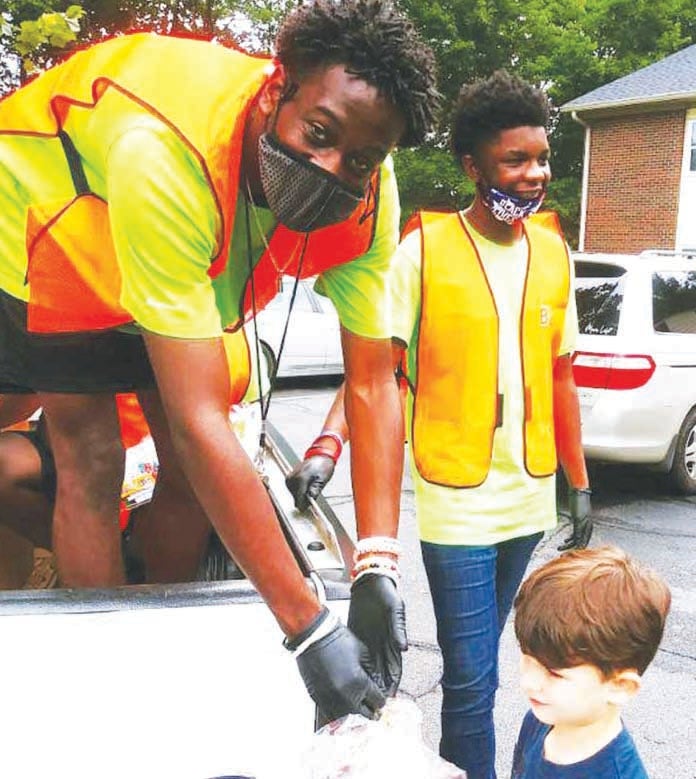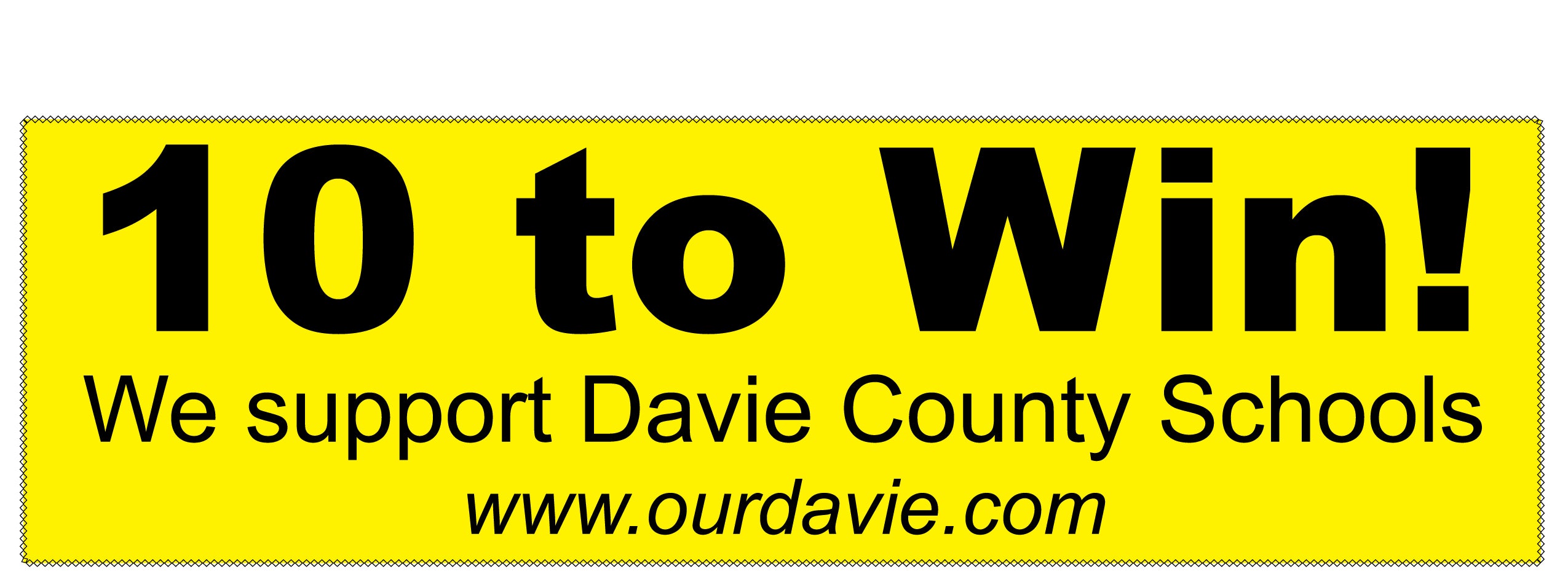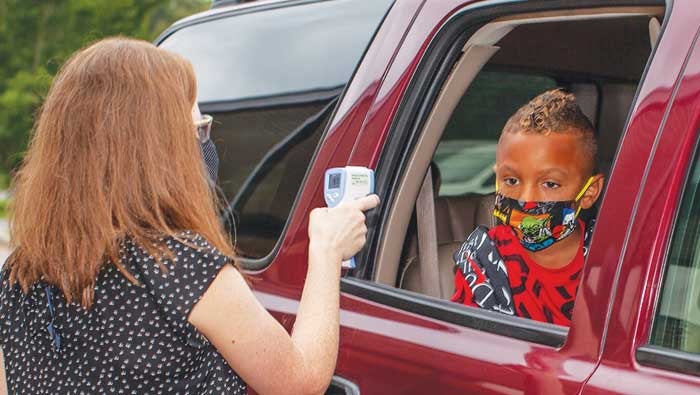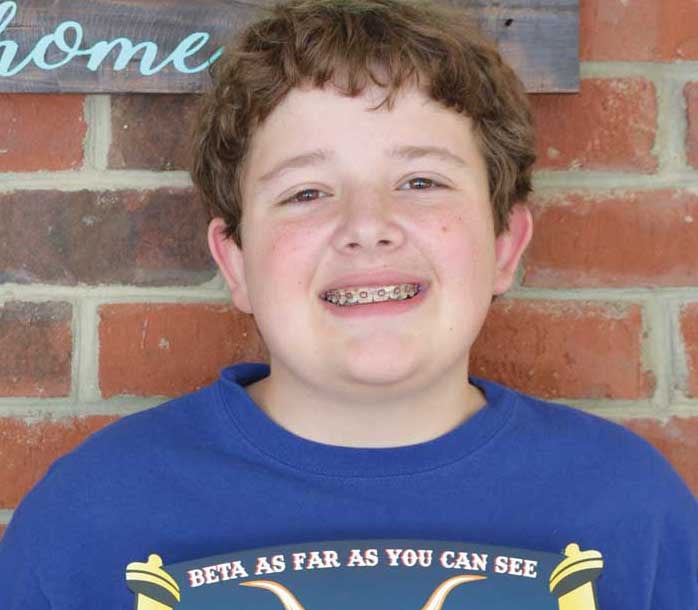Read to Achieve camp starts strong
Published 10:15 am Thursday, July 13, 2017
By Jeanna White
They started arriving at 7:45 a.m.
Some were eager, some nervous, a few a bit teary, but all were ready for fun and success during Davie County’s Read to Achieve Camp.
“Mrs. Eggleston (third grade teacher at William R. Davie) told me the camp is awesome. I can’t wait,” said a third grade girl.
Clutching shoeboxes for an upcoming camp project, she and another third-grade girl shared their enthusiasm about the first day. Both proudly showed the star stickers that identified which school bus they would ride home; one was excited because it would be her first time, likely only one of a number of exciting firsts during the camp.
Read to Achieve Camp is designed to help third graders who have failed to meet state requirements in reading to advance to the fourth grade. The intensive four-week camp also includes struggling first and second graders who demonstrated the potential of reaching grade-level proficiency in reading with extra help in the summer, as mandated by the N.C. Department of Instruction.
This year’s camp will serve 80 third graders, 30 second graders, and 30 first graders.
With $90,000 provided by the Mebane Foundation combined with state funds, students attending the 2017 Read to Achieve Camp will actively learn through visual arts, dance, drama, music and creative writing, in addition to tailored instruction through Hill Center Reading sessions and small group literacy circles.
Campers develop self-confidence and learn techniques to reduce test anxiety. This is the fourth year Davie’s highly successful RtA will use this holistic approach to reading.
Raymonda Shelton, an instructional coach at William R. Davie Elementary who also serves as the Read to Achieve Camp’s curriculum coordinator, loves the camp’s multi-faceted approach.
“Students who have had difficulty learning one way, are so good at learning other ways. They discover that they really can learn this information. It becomes magical.”
During last summer’s camp, more than 27 percent of the county’s non-proficient third-graders reached the required reading achievement score to move on to fourth grade and 76 percent showed positive growth on one or more reading assessments. In addition, over 65 percent of the youngest campers demonstrated strong growth over their initial scores on formative evaluations.
Parents are excited about the positive impact the camp can have on their child’s learning and future academic success.
“I think this is a really great opportunity,” said the mother of a rising second grader. “I wish I had this camp when I went to school.”
One father said his son was nervous because he didn’t know anyone, but added: “This is going to be good for him. I think he will learn a lot and have a great time.”
Shelton said: “Read to Achieve Camp is truly a lot of fun. I think a lot of times families are apprehensive about their child having to go to summer school, but by the end of the first week we are receiving phone calls from parents asking how they can get their child into the camp. The word travels fast so we know it is a good experience.”
“We spend several weeks in advance defending the camp and trying to talk some of the parents into it and then five days after we get here we are having to turn people away,” she said.
“This camp is really a good thing. Kids start feeling better about themselves and better about school. It truly is amazing.”





